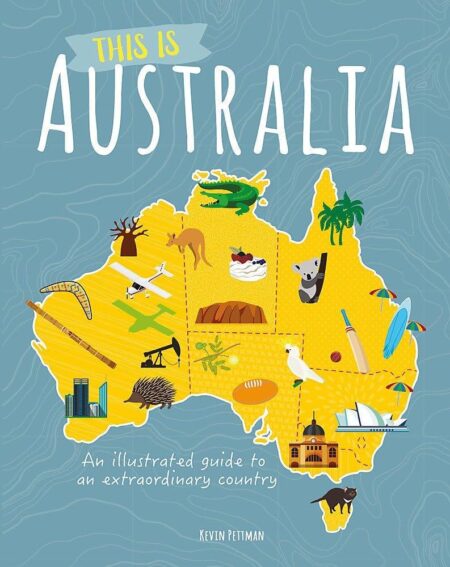In a fiery campaign stop in Brisbane, the Prime Minister took aim at Max Chandler-Mather, launching a sharp critique of his policies and leadership style. This intense exchange underscores the escalating tension as the election draws near, amplifying the stakes for both parties involved.
Browsing: election
Germany’s upcoming chancellor, Friedrich Merz, is grappling with a rising tide of unpopularity as worries mount over his conservative policies and a disconnect with younger voters. Detractors suggest that his leadership approach may struggle to connect in an evolving political landscape, adding layers of complexity to his role.
As Canada gears up for its crucial election, the spotlight is on a thrilling showdown between Marc Carney and Pierre Poilievre. Both candidates are ready to confront the pressing challenges brought on by Donald Trump’s impending tariffs. Voters stand at a crossroads, faced with an essential choice about who will steer the nation‚Äôs economic future.
As Canada gears up for its election, all eyes are on Mark Carney, who is now under intense scrutiny regarding his experience in China. Critics are quick to point out that his connections to Beijing could be a significant liability. With his background as the former governor of the Bank of Canada, many are questioning how these ties might influence his views on crucial national issues.
Australia’s Labor Party is on the brink of a significant triumph in the highly anticipated May 3 election, as revealed by a recent Bloomberg poll. With an upswing in voter enthusiasm, the party seems to be harnessing pivotal issues that resonate with the electorate just in time for this critical decision.
In Canada, the leading election contenders are sparking a wave of investor enthusiasm for a new pro-business era. As parties roll out their platforms, enticing promises of tax reforms and simplified regulations are stealing the spotlight, with the potential to transform the nation’s economic landscape.
As Australia gears up for an exciting election season, early voting has taken center stage as a vital part of our democratic journey. The Australia Institute sheds light on emerging trends and voter turnout, underscoring the crucial need to make participation easier and more accessible for everyone in 2023.
In a thrilling high-stakes television debate, Canada’s party leaders went head-to-head on crucial issues, showcasing their contrasting visions for healthcare, climate change, and the economy. As tensions rose and arguments heated up, voter engagement skyrocketed, marking a critical turning point in the election race where each leader aimed to capture the hearts and minds of the public.
French President Emmanuel Macron has sparked speculation about the potential for new elections as soon as fall 2024, amid rising political tensions and increasing discontent with his administration. This revelation arrives at a time when France is facing significant economic hurdles and waves of social unrest.
As Canada gears up for its upcoming elections, a concerning surge in antisemitism has sparked deep worry within the Jewish community. Recent reports reveal a troubling uptick in hate crimes and inflammatory rhetoric, igniting fears for safety and solidarity as we approach this crucial political juncture.
Conservative leader Pierre Poilievre seems poised to strengthen his foothold as national support swells. Yet, the recent economic turmoil fueled by Trump’s bold statements has thrown a wrench in his plans, casting a shadow of uncertainty over his leadership ambitions.
Australia’s opposition leader, Peter Dutton, is under fire as critics claim he‚Äôs adopting the controversial tactics and policies reminiscent of former U.S. President Donald Trump. With key elections on the horizon, analysts caution that this Trump-inspired strategy could drive away moderate voters and spark a significant backlash at the polls.
In a thrilling first debate, Carney took on his main rival, presenting two starkly different visions for the future of Canada. This intense showdown illuminated crucial policy distinctions, paving the way for an electrifying electoral battle on the horizon. Voter reactions were as diverse as the candidates themselves.
Germany’s Friedrich Merz is poised for election as chancellor on May 6, according to sources. His leadership marks a significant shift in the political landscape, as he aims to unify the party and address pressing national issues amid ongoing challenges.
In a significant political shift, a coalition deal in Germany has paved the way for Friedrich Merz, leader of the Christian Democratic Union, to ascend as Chancellor. The agreement marks a crucial moment for the CDU, reshaping Germany’s political landscape.
In a strategic move ahead of the upcoming elections, Marine Le Pen is intensifying her rhetoric, aiming to leverage social divisions in France. Analysts warn that her approach may deepen societal rifts as she seeks to consolidate power for her party.
Following the recent coalition agreement, CDU leader Friedrich Merz announced that Germany is “back on track” to address pressing issues. The coalition aims to enhance economic stability and bolster unity amid ongoing challenges in the European landscape.
In the wake of escalating trade tensions, former President Trump must remember the core issues that drove his election: American voters prioritize economic stability and affordable prices. A trade war could jeopardize those gains, alienating the very supporters he needs.
As Australia approaches the election, the opposition party has abandoned its policy advocating for a return to the office. This strategic shift reflects shifting priorities and the need to resonate with voters increasingly embracing flexible work arrangements.
Former U.S. President Donald Trump has publicly endorsed France’s far-right leader Marine Le Pen following her recent conviction in a defamation case. This support underscores Trump’s continued alignment with nationalist movements in Europe as they seek electoral success.

